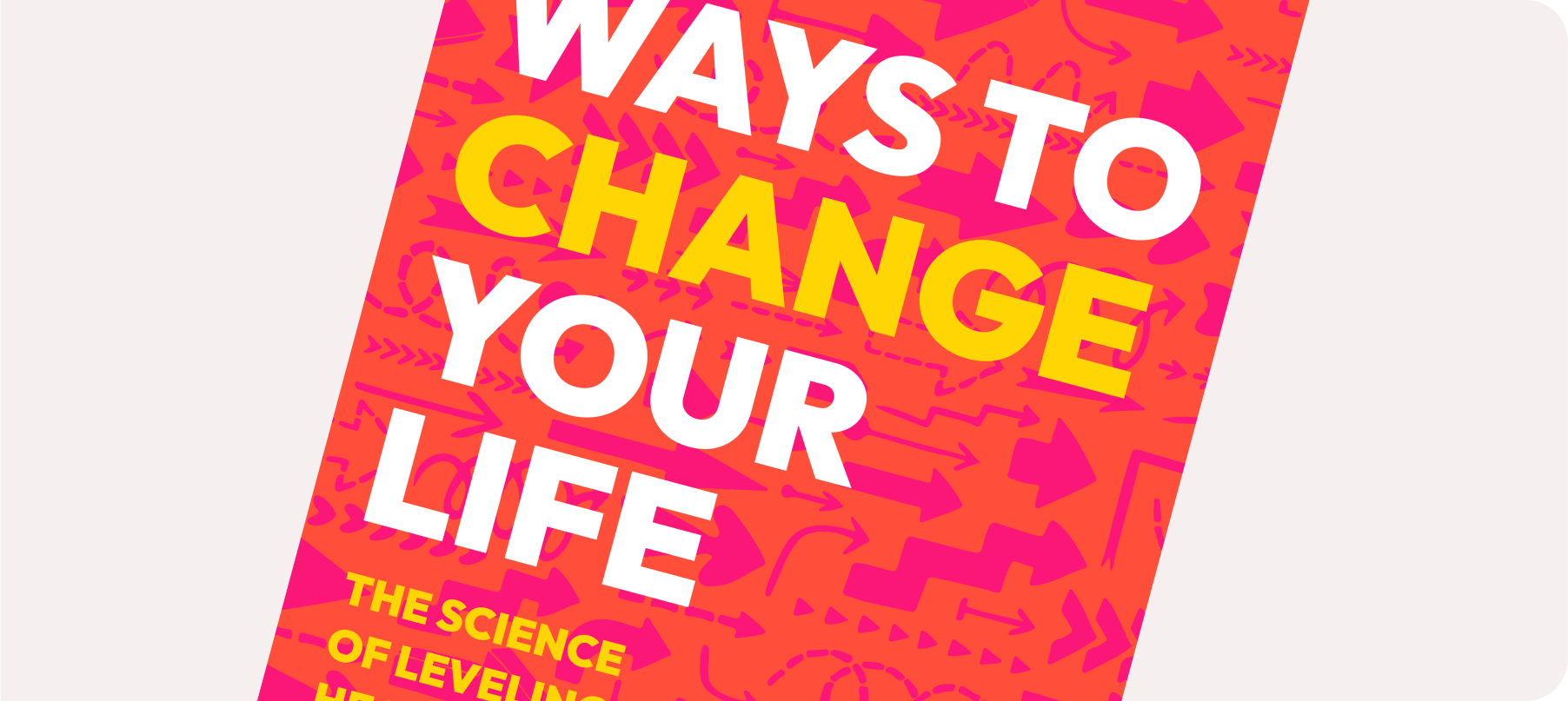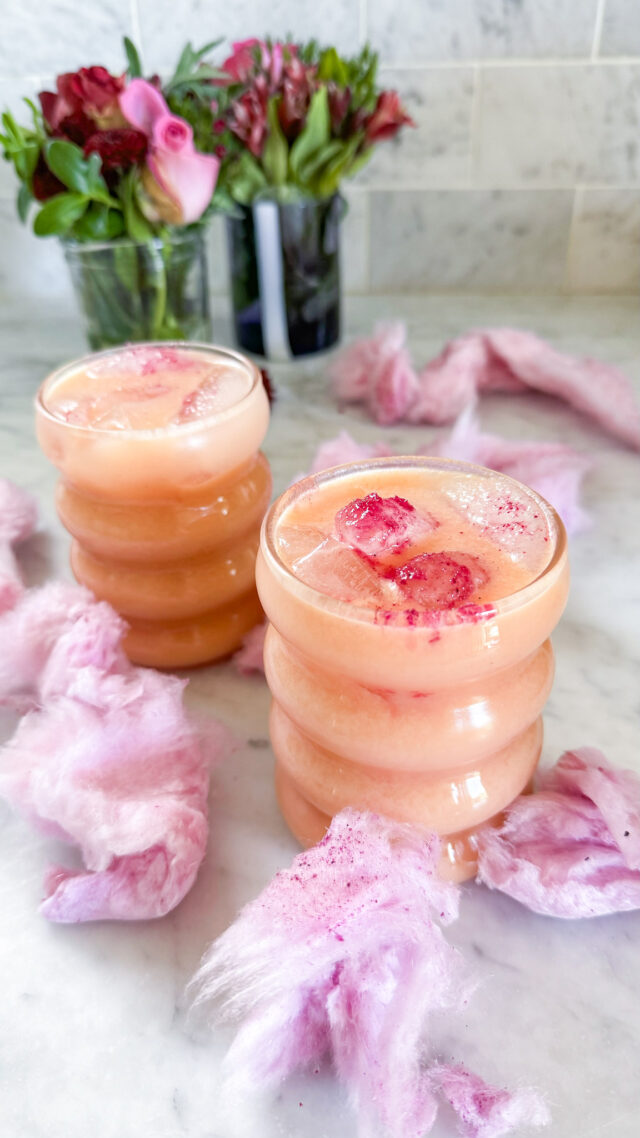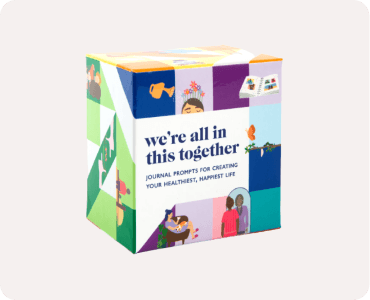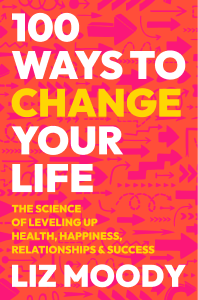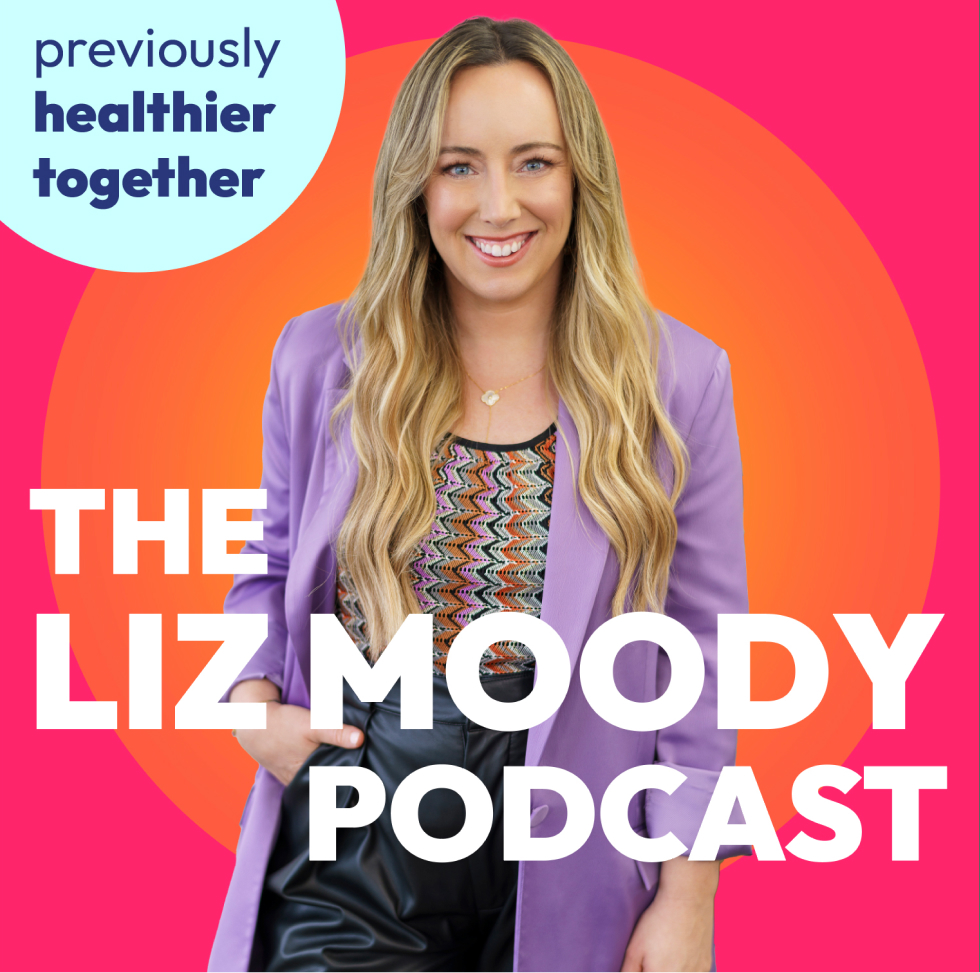The next episode of our advice series, where every month, I’ll be joined by a new special guest. This month I’m so excited to welcome Robyn DelMonte to the podcast to answer your questions.
- tips for creating social media content if you don’t know where to start
- how to uncover who you are, regardless of what everyone else thinks
- tiny ways to bring more joy into your daily life
- how to make time for creative endeavors when you’re exhausted from your 9-5
- why you need to be paying yourself energetically (+ exactly how to do it)
- how to balance caring about how you look and wanting looks to matter less
- tips for navigating grief + loss – Robyn lost her mother as a teenager and she does a lot of work in the grief space so I wanted to be sure to ask her all of your questions about this topic, we also get into
- what you can do + say to help someone you love experiencing grief
- and so much more!
For more from Robyn, follow her on TikTok and Instagram.
To join the Healthier Together Podcast Club Facebook group, go to https://www.facebook.com/groups/healthiertogetherpodcast.
Ready to uplevel every part of your life? Pre-order my new book 100 Ways to Change Your Life: The Science of Leveling Up Health, Happiness, Relationships & Success now!
This episode is sponsored by:
AG1: visit athleticgreens.com/healthiertogether and get your FREE year supply of Vitamin D and 5 free travel packs today.
Olive and June: visit oliveandjune.com/HEALTHIER20 for 20% off your first Mani System.
Paleovalley: head over to paleovalley.com and use the code LIZM for 15% off.
Healthier Together cover art by Zack. Healthier Together music by Alex Ruimy.
